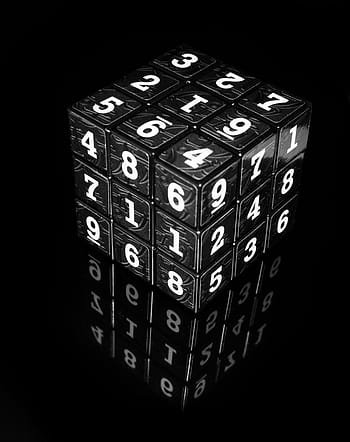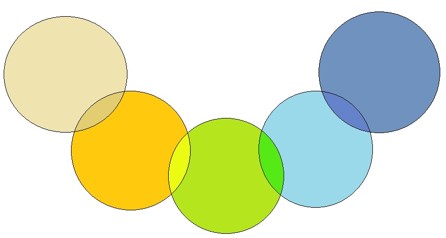By the end of this unit you should:

Read.
Despite the focus on novelty and substance of research contributions, research articles that are permeated with lexical, grammatical or genre-related errors are more likely to be rejected. Intrusive errors may cause reviewers to misunderstand the intended meaning, severely lowering the chance for acceptance of a manuscript submitted for publication. One non-intrusive language error is unlikely to result in rejection, but multiple non-intrusive errors may create a negative impression possibly leading the academic gatekeepers to fall victim to the horns-and-halo effect, and assume that the research itself may also contain errors. In short, writing error-free prose reduces the possibility of rejection.
In this intensive course twenty-two specific types of language errors are identified, explained and suggestions for addressing them are given. As there are no native speakers of scientific communication, these errors apply to both native and non-native English speakers. These 22 types of errors may be grouped into five pedagogic categories, listed below.
When proofreading, each of these categories can serve as a filter. Writers can proofread their draft using one filter at a time, or using filters in combination.

Read.
This is overwhelmingly the most common category of error. Accuracy errors differ greatly on their severity. Errors in grammatical accuracy may or may not affect the meaning of the paper. However, errors in factual accuracy can not only affect the meaning, but may destroy the meaning.
Research writing is judged on its merits. Research that is factually inaccurate will be dismissed. A student submitting a graduation thesis that contains falsehoods is unlikely to graduate. Doctoral candidates submitting dissertations with statistical and numerical errors will no doubt need to revise and resubmit. Scientists who submit inaccurate manuscripts to top-tier journals will face rejection.
Read.
Brevity errors occur when a writer uses more words than necessary. The idea is to convey maximum meaning in the minimum number of words. Therefore, when there is choice, writers should select expressions which contain fewer words over those with more words.
Read.
To ensure readers understand the intended meaning of the writer, it is necessary to write clearly. Clarity is realized by selecting expressions that are specific and unambiguous. Words that are overly general or vague may confuse readers. This is because different readers may interpret vague words differently. Words that have two meanings, i.e. ambiguous words, are also problematic. In short, the aim of clarity is to avoid vague and ambiguous wording.
Read.
Research writing that is subjective may not be taken seriously in some scientific disciplines. Computer science is one such discipline. This means that computer scientists need to write in such a way that they cannot be accused on being subjective. This can be achieved by focussing on the processes and results, and by removing wording that is personal, emotional. Such writing may not be truely objective, but will not seem subjective. Objectivity can be considered an idealized aim, but avoiding accusations of subjectivity is the practical aim.
Read.
Formal writing is characterised by the use of standard English. Specifically, spelling conventions are followed, accepted grammatical forms are used (as codified in grammar books), and informal expressions are avoided.
Make sure that you check your writing for errors in: